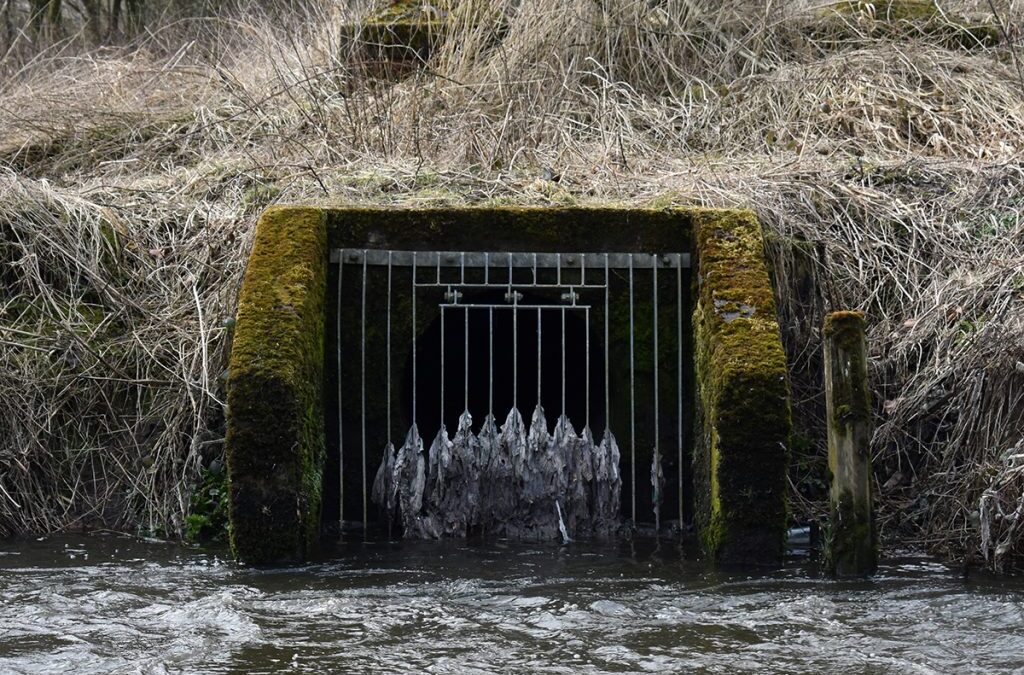The Government has announced the start of a consultation on its Storm Overflows Discharge Reduction Plan (SODRP).
The plan from Defra sets out targets for water companies to reduce the harm caused by pollution from combined sewer (or storm) overflows, meeting the objective set in the Environment Act last year.
Aims under the proposed plan include:
- By 2035, the environmental impacts of 3,000 storm overflows (75%) affecting our most important protected sites will have been eliminated;
- By 2035, there will be 70% fewer discharges into bathing waters – (using last years figures that would have equated to 4,620 fewer discharges into our bathing waters during the bathing season;)
- By 2040, approximately 160,000 discharges, on average, will have been eliminated (40% of the total); and by 2050, approximately 320,000 discharges, on average, will have been eliminated (80% of the total).
The plan was launched on 31 March, ahead of the latest statistics from the Environment Agency summarising the number of spills that happened in 2021. Once these figures have been released, our national body The Rivers Trust will update our sewage map, making the data more accessible to the public and local decision makers.
The map will be critical in showing the scale of the current problem and informing the comments on the SODRP.
The Rivers Trust, and the network of trusts it supports, will be scrutinising the plan in detail in the coming weeks and encouraging wide participation in the consultation process.
This plan is absolutely necessary to keep the sector on track, especially on the back of the public pressure that resulted in stronger measures in the Environment Act last year.
The Rivers Trust has stated the draft plan fails to set the pace and ambition for the water sector’s response to this problem over the next two decades, so the public’s response in this period of consultation is critical.
Mark Lloyd, CEO of The Rivers Trust said: “I’m disappointed that this plan lacks the urgency we so desperately need.
“This plan is going to need strong input from civil society and NGOs like The Rivers Trust and its network if it is going to outpace the twinned climate and nature crises we’re currently facing.
“We want to have rivers where people and wildlife can thrive, but the target timelines in the plan are far too slow – I want to see this my lifetime.
“Aiming to tackle only 52% of overflows by 2040 is unacceptable, we need more done sooner. Of course water company involvement is critical, but we need to see urgent and aligned targets for everyone with responsibilities in managing storm water, including local authorities and housing developers.
“Let’s not forget that the problems with storm water management start with planning, and we need to tackle the problem at source.”
The Rivers Trust also noted how sewage releases are causing harm to many precious chalk streams and sites of special interest, and that sewage spills cause 12% of rivers to fail achieving good ecological health.
The plan only aims to improve 14% of overflows by 2030 and this is deemed far too slow by The Rivers Trust, which will give detailed feedback to strengthen the plan substantially before it goes to parliament in September.
See the most up-to-date sewage map findings at https://theriverstrust.org/key-issues/sewage-in-rivers
Read the draft plan at https://www.gov.uk/government/news/largest-overhaul-of-sewer-system-to-tackle-storm-sewage-discharges
Have your say by 12 May 2022 at https://consult.defra.gov.uk/water-industry/storm-overflows-discharge-reduction-plan/

